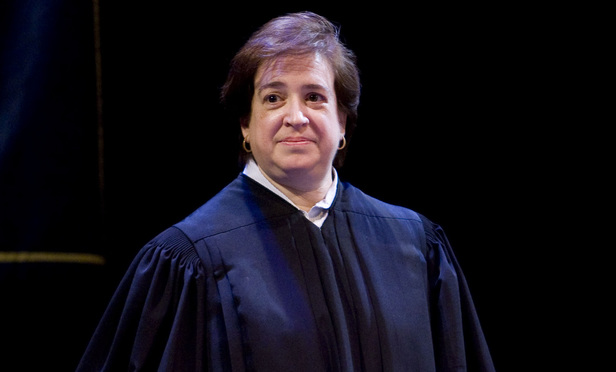The U.S. Supreme Court appeared reluctant Wednesday to loosen the rules that have governed insider-trading prosecutions for more than 30 years, brushing aside the 2014 Newman appeals court decision that made it harder for the government to go after tippers and tippees.
The eight-member court heard hourlong arguments in Salman v. United States, a closely watched but convoluted case in which the defendant Bassam Salman was convicted for trading on information he received second-hand from the brother of his sister’s husband, even though the tipper himself did not make money from the interactions.
This content has been archived. It is available through our partners, LexisNexis® and Bloomberg Law.
To view this content, please continue to their sites.
Not a Lexis Subscriber?
Subscribe Now
Not a Bloomberg Law Subscriber?
Subscribe Now
LexisNexis® and Bloomberg Law are third party online distributors of the broad collection of current and archived versions of ALM's legal news publications. LexisNexis® and Bloomberg Law customers are able to access and use ALM's content, including content from the National Law Journal, The American Lawyer, Legaltech News, The New York Law Journal, and Corporate Counsel, as well as other sources of legal information.
For questions call 1-877-256-2472 or contact us at [email protected]






